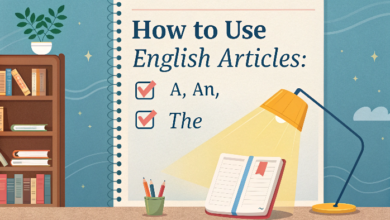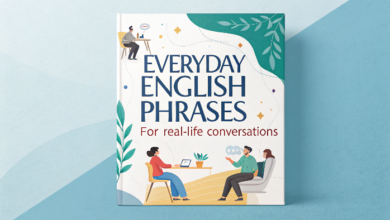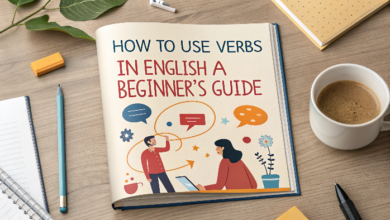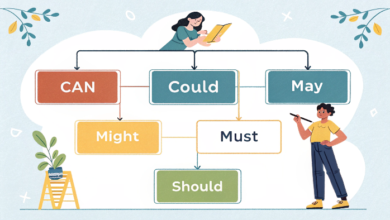How to Use Modal Verbs in English: Can, Could, Should, Must, and More
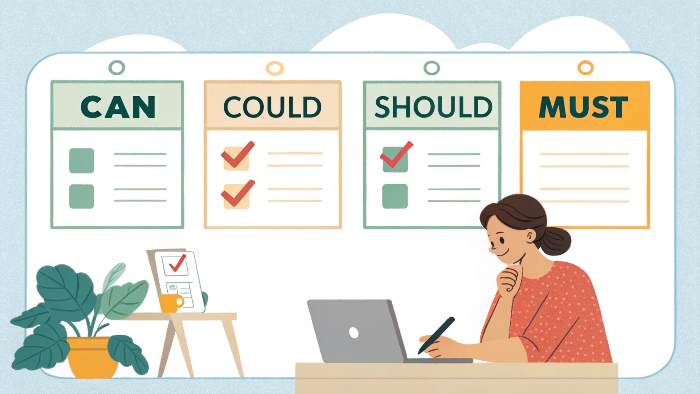
Modal Verbs in Questions
Modal verbs are often used to form questions, especially when you need to ask about ability, permission, possibility, or obligation.
Examples
Can you help me with this task?
Could you please pass the salt?
Should I bring a gift to the party?
Must we complete this today?
May I leave early?
Might she come to the event?
Practice Exercises
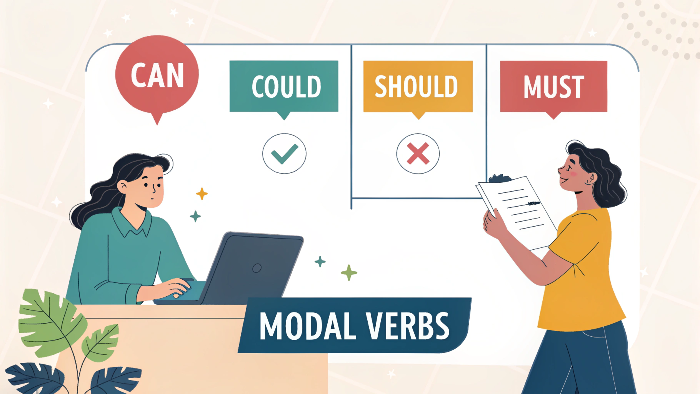
How to Use Modal Verbs in English: Can, Could, Should, Must, and More
Exercise 1: Fill in the Blanks with the Correct Modal Verb
You __________ (can / must) take an umbrella. It looks like it’s going to rain.
I __________ (could / might) go to the gym later if I feel better.
She __________ (should / could) study harder for the exam.
We __________ (will / may) travel to Paris next year.
You __________ (must / might) not park in this area; it’s a no-parking zone.
Answers:
must
might
should
will
must
Exercise 2: Choose the Correct Modal Verb
__________ you help me with this problem? (Can / Should)
I __________ speak three languages. (Can / Must)
You __________ be quiet in the library. (may / must)
We __________ be careful when walking on the icy road. (should / will)
__________ I leave early today? (May / Can)
Answers:
Can
Can
must
should
May
Key Takeaways
Modal verbs are essential in English for expressing a wide range of meanings, including ability, possibility, necessity, permission, advice, and more.
Each modal verb has specific uses, so understanding how and when to use them is key to speaking and writing correctly.
Modal verbs do not change according to the subject and are always followed by the base form of the main verb.
Practice using modal verbs in questions, statements, and negative forms to become more confident in your English skills.
See also:
Easy Grammar Quiz: Test Your English Skills
Boost your vocabulary skills with challenging quizzes

